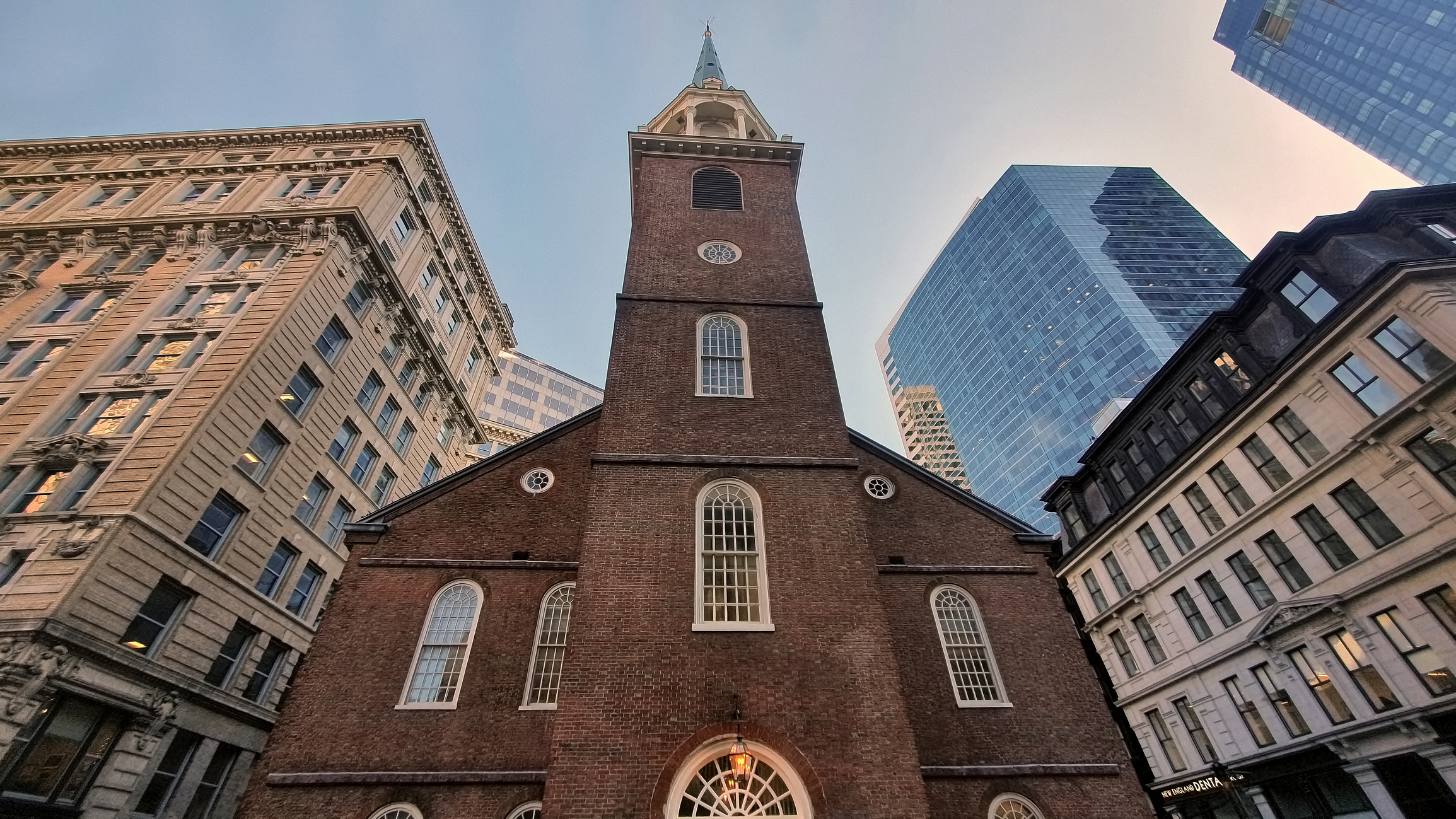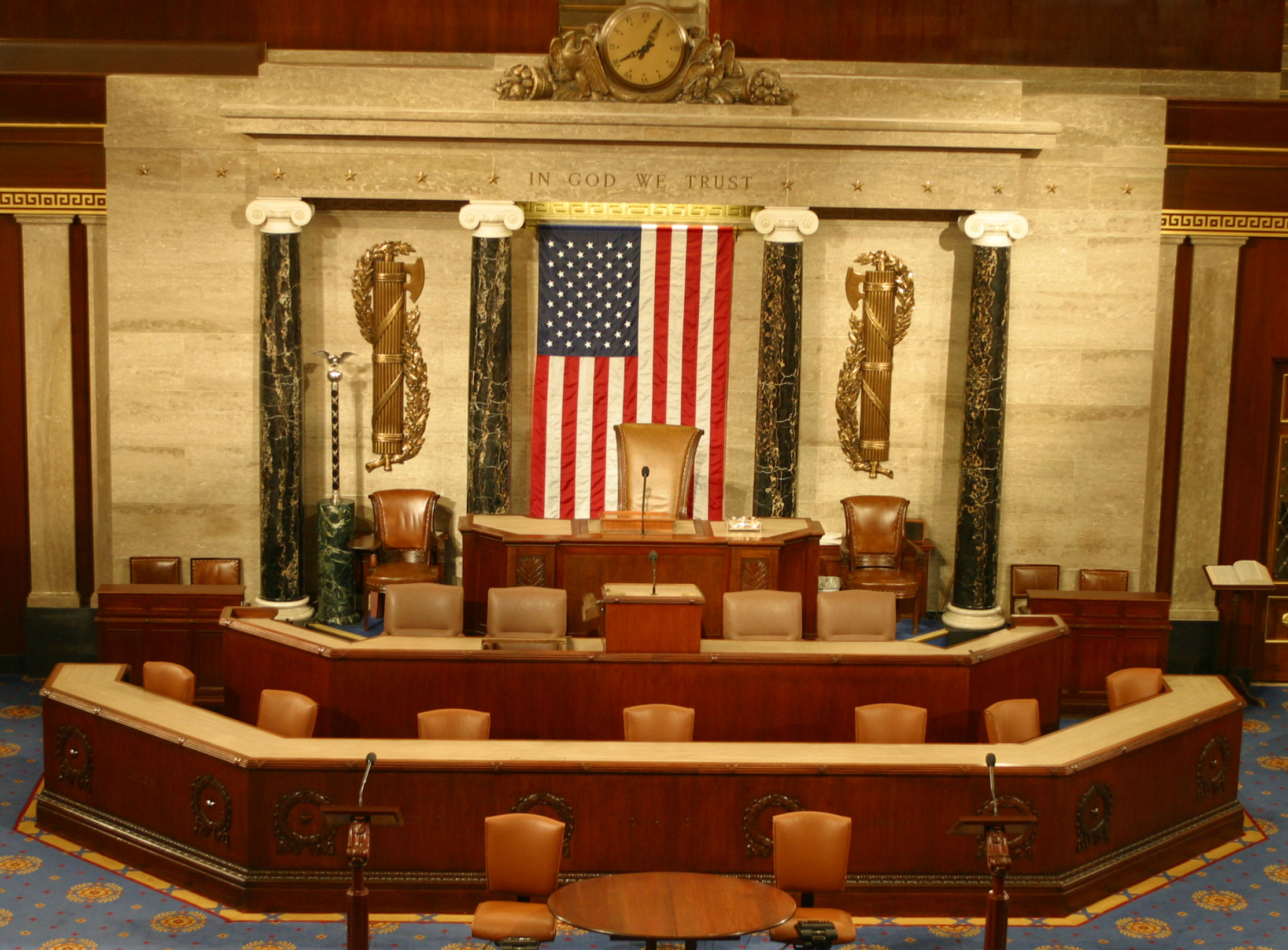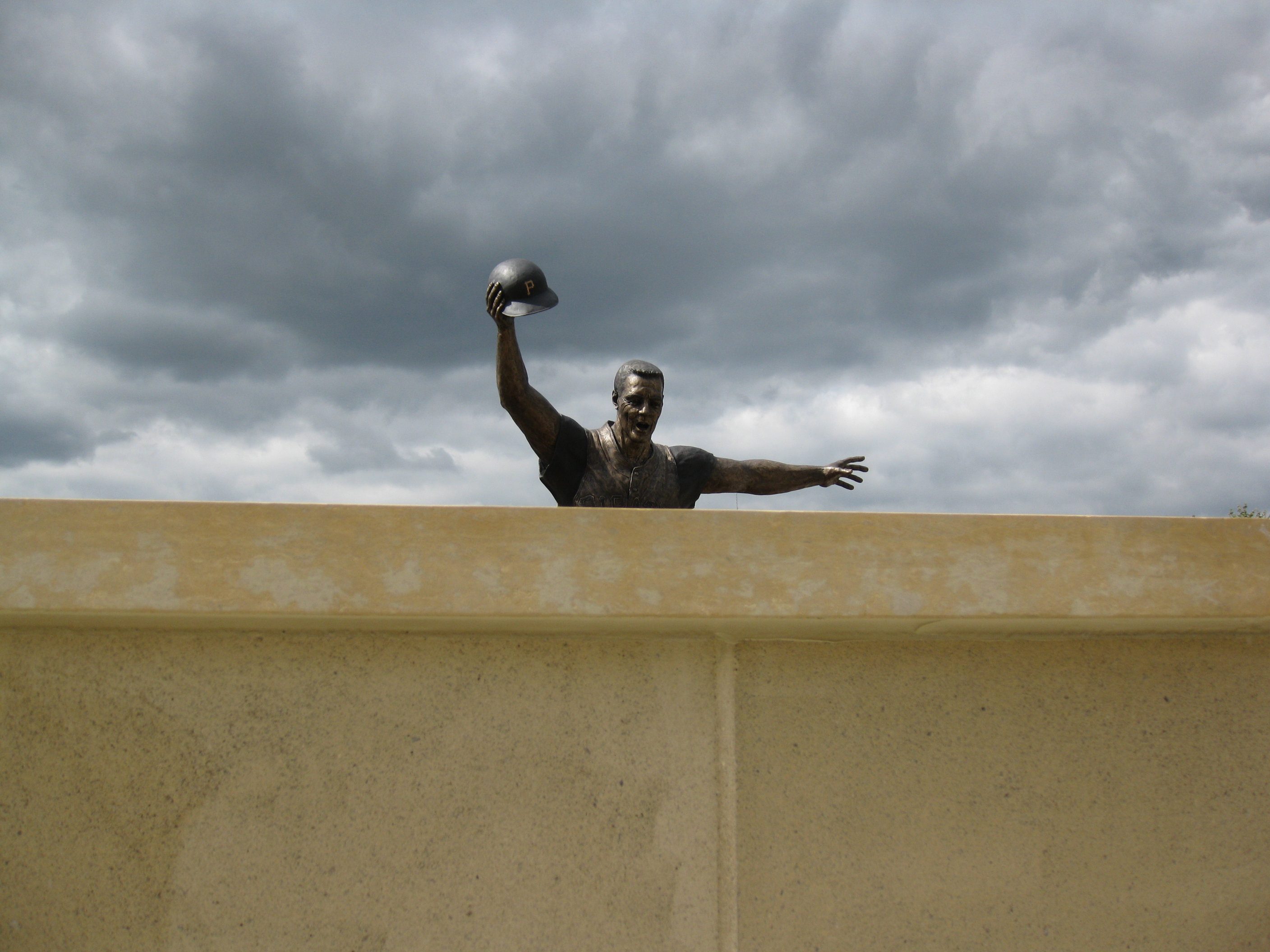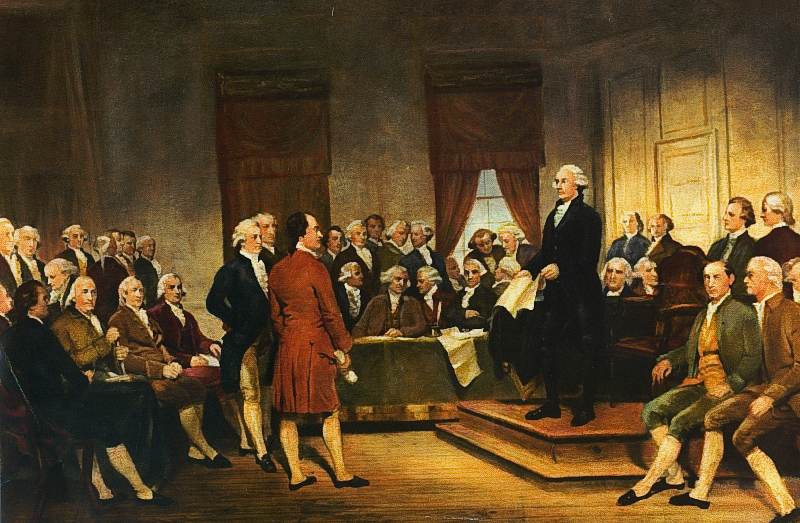Puritans, Contemporary and Pre-Modern

Four possible choices to defeat identity politics.
In a recent three-week period, the editors at The American Mind published “Contemporary Puritans” and “Stop Hating the Puritans,” the first authored by me, the second by Timon Cline. In the spirit of clarifying differences and finding common ground, I offer the following remarks, addressed to the conservatives among us who conclude that our problems in politics are deeper than politics. Perhaps too late in the game, conservatives now understand that “culture is upstream of politics.” Many of us add that religion is upstream of culture. The “culture wars” are masked religious wars. Tocqueville observed in Democracy in America that “deeper than laws are mores, and deeper than mores are religion.”[1] Many agree, including Mr. Cline and me.
Having arrived at the conclusion that we need a cure to counteract the political poison that daily infects us, what is the treatment? Have we found ourselves where we are, sick and without a way forward, because the American founding was, in some way, defective, incomplete, or lacking a supplement we must now retrieve? No serious diagnosis can avoid this question. If it was, four courses seem available to us: (1) return to earlier, medieval, understandings of Christianity and polity; (2) recover the theological underpinnings—decidedly Protestant—of the founding, so that the concomitant mores of a regenerated citizenry would properly undergird our original constitutional arrangements, along with some but not all of the subsequent Amendments; (3) reawaken Protestants, Roman Catholics, and Jews to their own orthodox roots, however different, in order to underwrite a citizen conversion in pluralist America sufficiently robust to inoculate it against the excesses of the Left, now and into the future; (4) undertake a transformation of the sort Nietzsche had in mind, which would wipe away the logo-centric (biblical and philosophic) inheritance of the West entirely, and begin anew. For those who understand that religion is the deepest thing, these are the predominant paths along which their thinking moves. Here are integralism, strong or weak versions of Christian nationalism, orthodoxy pluralism, and the alt-right.
It would be correct, in a way, to say that Mr. Cline’s gentle criticism of what I wrote in “Contemporary Puritans” should be attributed to the editors’ prerogative in choosing the essay’s title rather than to the substance of what I wrote. The title under which the essay was submitted was not “Contemporary Puritans” but rather “Higher Education Has Always Been Religious.” I did not intend any criticism of our Puritan originaries in the essay, though I understand why what I wrote in so short a span might seem to suggest otherwise.
Imagine two different frameworks. In the first, we have the categories “Christian” and “secular”—or “Christian” and “liberal,” which is often seen as a synonym for “secular.” In this framework, once we were Christian, then we became secular; and to regain our bearings, we must become Christian again. The literature about Christian nationalism, but not it alone, supposes this framework. So un-Christian have we become—just look at our culture, our education, our habits—that in order not to perish, we must renounce secularism. Through this lens, my invocation of the Puritans to explain identity politics “wokeness” sounds like an affront. After all, I seem to be saying that the contemporary pathology of identity politics is genetically linked to our Puritan forefathers. Through this same lens, the task before us would be straightforward: recall the greatness of the Puritans (count me in, please), who were devoted Christians, and differentiate them from the supposedly secular, liberal world that has given us identity politics, so that we can administer the antidote we so urgently need.
The second framework rests on philosophical-historical distinctions made in the nineteenth century by Tocqueville and Nietzsche, two thinkers fixated on Christianity in our democratic age, but who had very different assessments of it. Should these thinkers not be deemed authoritative, Gal. 3:3—“Are ye so foolish? Having begun in the Spirit, are ye now made perfect by the flesh?”—provides the same insight, in a more compact form, though in a language more difficult to grasp in an age without biblical fluency. I will come to Gal. 3:3 shortly.
What Tocqueville and Nietzsche both understood was that what comes after Christianity is not secularism; after Christianity comes fragments of Christianity, gathered together like crumbs from a feast, which promise to nourish, but cannot. Tocqueville thought this phenomenon was first evinced in the French Revolution, which he called an “incomplete religion,”[2] because it drew from Christianity the idea of a perfectible world inhabited by a fraternal communion of saints, while at the same time ostensibly repudiating Christianity itself. To this first incomplete religion, we may add a second, Marxism, which, Voegelin observed, “immanentized the eschaton”[3] under the guise of scientific materialism that purportedly confirmed that communism—“the abolition of the present state of things”[4]—was the endpoint of history. Identity politics is the third incomplete religion we now confront, which as I have argued elsewhere, “immanentizes the scapegoat.”[5]
Here, three notions from Christianity—irredeemable stain, the innocent victim, and the scapegoat—have been gathered together, or rather ripped from Christianity, in such a way as to justify a social and political reconfiguration of the American regime that is anathema to the constitutional order that frames it. The Christian formulation is that Christ is the only innocent victim, the one sufficient scapegoat and sacrifice for the irredeemable stain that resides in man, irrespective of predicate. In identity politics, all identity groups except the white heterosexual man are innocent victims, while the white heterosexual man is the scapegoat who, if purged, will make possible the redemption of the world. Identity politics is not secular; it is the latest incomplete religion to come our way, after the French Revolution and Marxism. It comes from Christianity, and is therefore akin to a heresy, but is generally opposed to Christianity, and therefore akin to apostasy, as are all incomplete religions. It is close enough to Christianity to gain adherents from Christianity—hence the “woke” churches and ostensibly Christian colleges across America today, whose members think they are doing God’s work by undermining the American constitutional order, and substituting for a regime of competence a regime of innocent victimhood. And it is far enough away from Christianity so as to attract vitriolic atheists. While the phrase is awkward, I will call these incomplete religions heretical-apostatic.
How did Nietzsche think about this matter? I offer no defense of Nietzsche’s recommendations, which undergird the alt-right. His diagnosis of our problem is nevertheless illuminating. Why had Europe come to a dead stop at the end of the nineteenth century, he wondered? His answer was that although European Enlightenment thinkers proudly claimed they had thrown off the yoke of Christianity, in fact what they had really done was save Christian morality and set it on a philosophical foundation. (Here, in particular, Nietzsche thought, was the failure of German Idealism.) Europe was confused; it wanted it both ways. It has neither the conviction to retain Christianity nor the courage to throw it off completely. “It is the church and not its poison that offends [the Enlightened European],”[6] Nietzsche declared. In the twentieth century, Leo Strauss gave what is perhaps the most compact formulation of the problem: “Nietzsche’s criticism can be reduced to one proposition: modern man has been trying to preserve biblical morality while abandoning biblical faith. That is impossible.”[7] Modern Europe was not secular; it occupied the deadened zone that was neither Christian nor non-Christian—while professing to be post- and anti-Christian. Identity politics is the living—or rather the half-dead—confirmation of Nietzsche’s apprehension about the slow death of the West.
Stepping back, now, from both Tocqueville and Nietzsche, with a view to crystalizing their insights for our own day, we can say that the West does not die from secularism; it dies from the abortive attempt to construct a coherent world around fragments from Christianity—first, the French Revolution; second, Marxism; third, identity politics. The fate of the West is not to perish from secularism, it is to slog forward, enduring wave after wave of incomplete religions, perhaps for thousands of years, each causing unconscionable suffering. The alternative, which God alone can bring about, is for the hardened heart of man to be softened, so as to receive anew the divine gift it has been given. The alternative is for Christianity, the religion of resurrection, to itself be resurrected.[8]
Another way to state man’s post-incarnation condition would be to say that the humiliation, betrayal, abandonment, and scapegoating of The Cross will always be with us. It will manifest itself either in a horizontal set of relations that every incomplete religion gives us, in which one group is set upon by others—particularists sent to the guillotine by universalists, by the thousands; the oppressor class rounded up to be eliminated by members of the oppressed class, by the millions; innocent victims condemning and destroying everyone and everything having the slightest stain or impurity—or it will manifest itself in the vertical relation specified by Christianity, in which Christ alone is the innocent victim through whose self-sacrifice the sons and daughters of Adam are freed from their sin, and freed from the cathartic rage associated with scapegoating others in the vain hope of hiding their sin.
Are these insights about the strange heretical-apostatic moment in which we find ourselves today only understandable from the vantage point of social and political theory? I think not. Gal. 3:3 already has this insight, though it is hidden from view for most of us. “Are ye so foolish? Having begun in the Spirit, are ye now made perfect by the flesh?” Paul is not saying, as Enlightenment thinkers have said for the last three centuries, that after Christianity comes secularism; he is saying that in the aftermath of justification by Christ will come the attempt to justify by the standards of the flesh. What was accomplished on the higher, spiritual level will now seek to be accomplished at the level of the flesh.
Here are the “social justice” claims of identity politics, which are better called “social justification” claims, for they authorize the view that all groups except white heterosexual men are justified, and have their stains covered over and erased, no matter what actual crimes their members commit or what darkness resides in their heart. The socially-justified groups must ascend at the expense of those whose stains can never be covered over.[9] Similar social justifications were associated with the French Revolution and with Marxism. St. Paul understood what Tocqueville and Nietzsche were groping to understand almost two thousand years later: after Christianity comes distortions of Christianity. Identity politics is not secular, and it is not liberal: it is an incomplete religion (Tocqueville); it is “the poison of the church” (Nietzsche); it is what St. Paul conveys in Gal. 3:3, and we need to understand it in those terms.
Returning now to the two frameworks, the first supposes that “Christian” and “secular” are the proper categories; the second supposes that “Christian” and “heretical-apostatic Christian” are the proper categories. From within the first framework, identifying the resemblances between contemporary identity politics parishioners and our pre-modern Puritan forefathers is an error and an affront. From within the second framework, the term “contemporary Puritans” identifies both the heretical-apostatic defection and the Puritan source to which we must return in order reset the American regime.
The problem with identity politics is not that it is secular. Holding to that position masks the real nature of the problem, which is that it is both less than and more of a challenge than the first framework of understanding allows. It is less of a challenge because Christian categories—irredeemable stain, the innocent victim, and the scapegoat—are the animating categories of identity politics. There is, therefore, a clear path back to Christianity. It is more of a challenge because nothing more characterizes the depravity of man than that the cure he most needs is adjudged by him to be an illness.
Have I, then, given some indication where I stand with regard to the four alternatives I identified at the outset: integralism, strong or weak versions of Christian nationalism, orthodoxy pluralism, and the alt-right? Taking the least likely option first, the Nietzschean alt-right has going for it one searing insight, namely, that guilt cannot build a civilization. Its answer to identity politics is simply that. Dionysian revelry and Nietzschean self-overcoming promise, alternatively, release and discipline; but the guiltless world imaginatively constructed between these two nodal points is the flip-side of identity politics, which also wishes to do away with the Christian world entirely. That will not happen. There is no post-Christian era, only moments of errancy—identity politics being the latest—and return.
Taking integralism next, on both path-dependency and biblical grounds, it seems unlikely that Reformation-founded America can start over, on a medieval foundation. Catholic Europe, not Anglo-America, will need to turn in that direction. “Europe is the Church, and the Church is Europe,”[10] Belloc wrote at the beginning of the twentieth century. I suspect he is right, though Europeans cannot hear that at the beginning of the twenty-first century. America’s new beginning, as Tocqueville saw it,[11] represented a departure from Europe; its religion was different, therefore so, too, were its mores and its laws. To this can be added that on biblical authority, God sets in motion and sustains the nations, the plurality, meaning, and duration of which man will never fathom. America cannot become Europe; she has her own mysterious course to follow.
With regard to strong or weak versions of Christian nationalism, if identity politics is an heretical-apostatic defection from America’s Puritan founding, it would seem I have sided with this group, for I have claimed that identity politics will either destroy America or come home to its Puritan root, and save America. I do not say here that America must become Puritan to survive; rather, that the monstrous beast of identity politics can only be finally tamed through a Puritan recovery that reveals to identity politics parishioners that the meal for which they long can be found, just not where they are currently looking. Another way to put this would be that unless Puritan heirs get their act together, America will not get its act together.
Finally, there is what I called orthodoxy pluralism. I do not doubt that by virtue of America’s Puritan founding, it will, for better or for worse, resound from beginning to end. The worse we know today as identity politics. The better lies ahead, perhaps in the form of a younger generation of Christians who have sought to recover their tradition—not least through groups like The American Reformer, with which Mr. Cline is associated. But redounding to its benefit, America also has millions of devout Roman Catholic and Jewish citizens. And many have shown themselves to be fierce defenders of the American constitutional order, many more times than have Protestants.
Orthodoxy pluralism—the coalition of orthodox Protestants, Roman Catholics, and Jews—is therefore our best hope going forward. The incomplete religion of identity politics threatens to destroy the American regime. The orthodox among us of all persuasions understand this most acutely. They are attuned to the irrevocable fact that religion is the deepest of things, and they know an imposter when they see it.
Is there a tension between my modest defense of a need for Protestants in America to get their act together and my defense of orthodox pluralism? Yes, there is. But it is a livable tension, which God alone can resolve. It is high time for citizens who are orthodox to abandon the “Rawlsian consensus,” according to which they must muzzle themselves and make arguments based on so-called “public reason.” Robust pluralism, robust tolerance, without which our country cannot stand straight or move forward, demands more. It demands that Protestants, Roman Catholics and Jews give reasons for their conclusions on all manner of public issues, based on their religious convictions rather than on so-called public reason. Citizens who start from other religious suppositions can agree or disagree, even if, or because, they begin elsewhere. Public reason, like Orwell’s Newspeak, has caused “the range of consciousness [to become] smaller and smaller.”[12] We can no longer afford turning the feast of religious self-understanding into the crumbs of public reason.
If there are path-dependent reasons that America will cure its illness when the still-ascendant Protestant culture finds its theological footing again, as I suspect is the case, then so be it. That matter is in God’s hands, however. In the meantime, here we are, a country of Protestants, Roman Catholics, and Jews, at least a remnant of whom are orthodox. Identity politics seeks a “final solution” to eliminate the impurities of the world; its logical end, as I have indicated elsewhere, is either transhumanism or the extermination of man.[13] However vast may be the theological chasm between orthodox Protestants, Roman Catholics, and Jews, they share in common the knowledge that identity politics leads to the death of man. Let us start with having that much in common.
[1] Alexis de Tocqueville, Democracy in America, J.P. Mayer ed. (New York: Harper & Row, 1966), Author’s Introduction, p. 17.
[2] See Alexis de Tocqueville, The Old Regime and the Revolution, Alan S. Kahan trans. (Chicago: University of Chicago Press, 1998), Bk. I, Ch. 3, p. 101.
[3] See Eric Voegelin, The New Science of Politics (Chicago: University of Chicago Press, 1952), Ch. VI, p. 188.
[4] See Karl Marx, “German Ideology,” in The Marx-Engels Reader, Robert C. Tucker ed. (New York: W. W. Norton & Co., 1978), p. 162: “We call communism the real movement which abolishes the present state of things.”
[5] See Joshua Mitchell, American Awakening: Identity Politics and Other Afflictions of Our Time (Encounter Books, 2020), Part I, Sec. M, § 59, p. 124, n. 233.
[6] See Friedrich Nietzsche, On the Genealogy of Morals, Walter Kaufmann and R. J. Hollingdale trans. (New York: Random House, 1967), First Essay, §9, p. 36.
[7] See Leo Strauss, “The Dialogue between Reason and Revelation,” in The Rebirth of Classical Political Rationalism: An Introduction to the Thought of Leo Strauss; Essays and Lectures, selected and introduced by Thomas L. Pangle (Chicago: University of Chicago Press: 1989), p. 240.
[8] See G.K. Chesterton, The Everlasting Man (Greenwood, WI: Suzeteo Enterprises), Part II, Ch. VI, pp. 206-15.
[9] I invite no defense of racial politics. On the contrary, racial politics are the politics which “seeks perfection by the flesh.” Justification by Christ makes a mockery of racial politics. Justification by Christ, moreover, requires that we call out efforts at “social justification,” the current version of which has white heterosexual men in its sights.
[10] Hilaire Belloc, Europe and the Faith (New York: The Paulist Press, 1920), Ch. 1, p. 1.
[11] See Tocqueville, Democracy in America, Vol. I, Part I, Ch. 2, p. 32: “When, after careful study of the history of America, we turn with equal care to the political and social state there, we find ourselves deeply convinced of this truth, that there is not an opinion, custom, or law, nor, one might add, an event, which the point of departure does not easily explain.”
[12] George Orwell, 1984 (New York, Random House, 1949), Part One, Sec. V, p. 46.
[13] Mitchell, American Awakening, Part I, Sec. M, §59, p. 122.
The American Mind presents a range of perspectives. Views are writers’ own and do not necessarily represent those of The Claremont Institute.
The American Mind is a publication of the Claremont Institute, a non-profit 501(c)(3) organization, dedicated to restoring the principles of the American Founding to their rightful, preeminent authority in our national life. Interested in supporting our work? Gifts to the Claremont Institute are tax-deductible.
Root, root, root for the electors. If they don't win it's a shame.
Part I: Unfettered reason cannot conserve anything.






